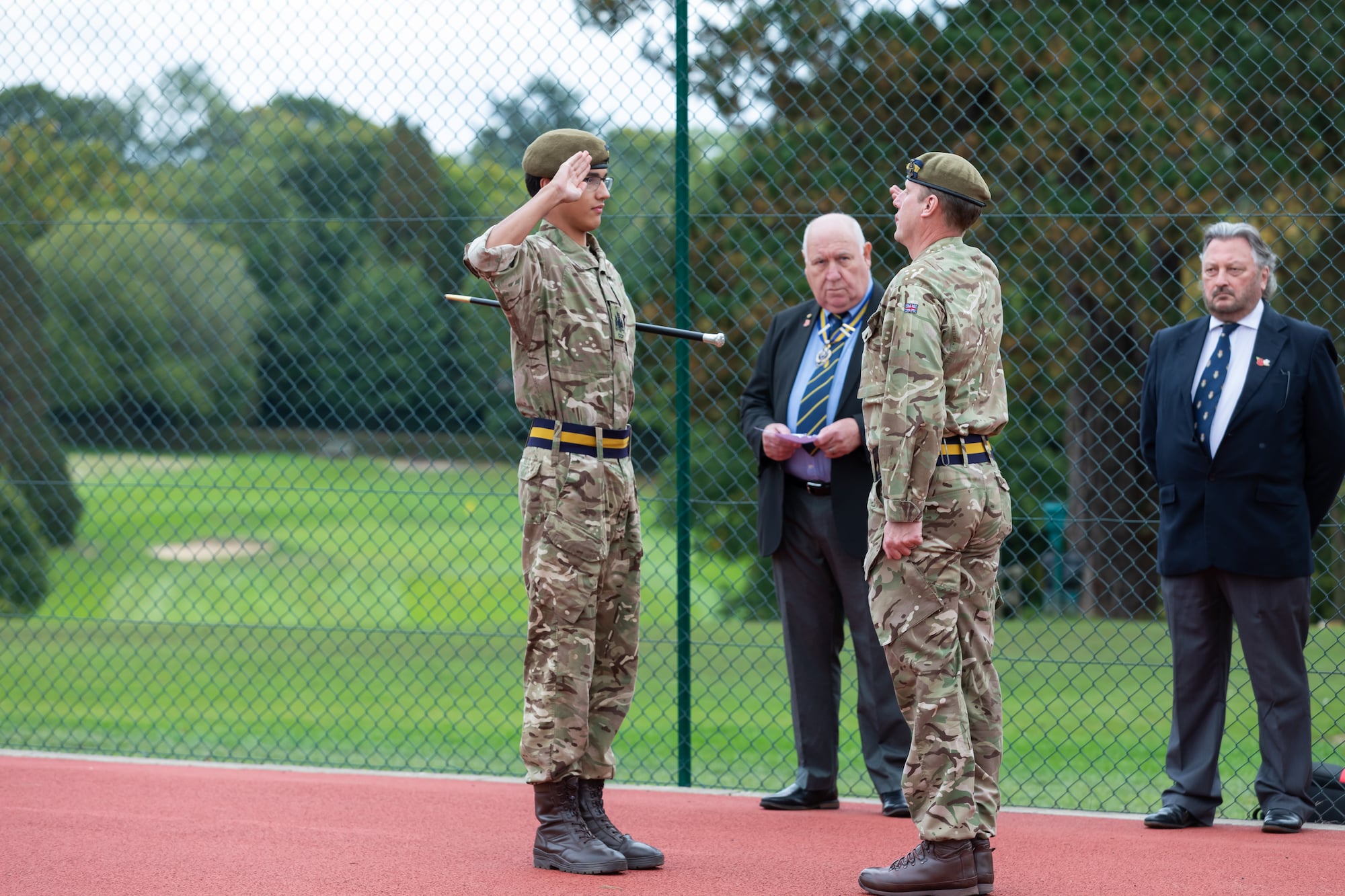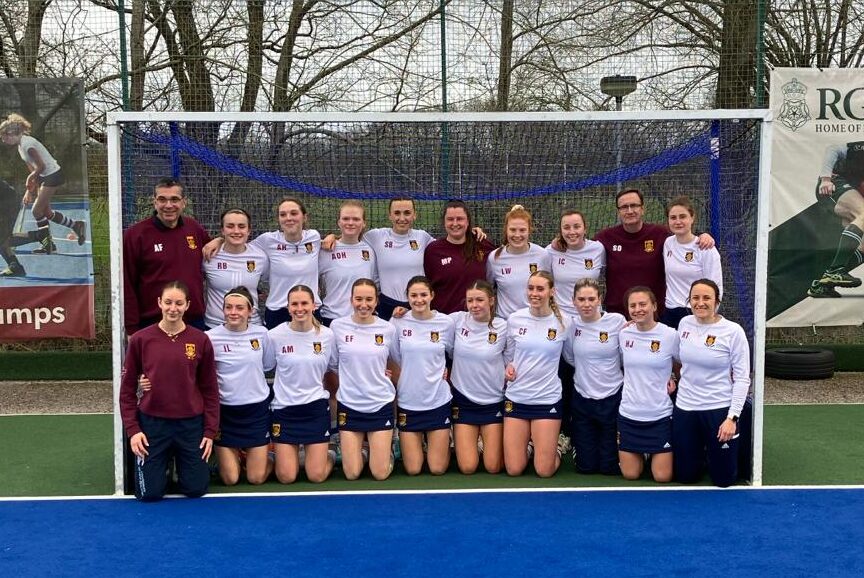The Sixth Form Purvis Society was delighted to welcome The Reverend Canon Nigel Nicholson, a member of the Governing Body and retired Rector and Rural Dean of
Cranleigh, to deliver the first of this term’s addresses.
Taking as his title “Tradition or Mission”, he reminded us that this question affects us all. He was brought up with the Book of Common Prayer which, he maintains, cannot be surpassed, not only as an aid to worship, but also for the beauty and elegance of the language. Rapidly building on this stance, he suggested that, during his time of ministry, the Church of England has seen fit to update liturgy and language almost to the point where anything goes and that “the beauty of language has been replaced with banality and the dignity of worship has sometimes descended into a form of entertainment and amusement. Whilst the former emphasised the transcendence of God, His power and authority, more modern worship often refers to ‘My Pal God’, or even, on some occasions, ‘Mother God’.”
Changing tack a little, Canon Nicholson proposed that “tradition and mission are mutually compatible and are essential to the progress of humanity. ‘Mission’ conjures thoughts of adventure, exploration and a desire to be inquisitive and to go on asking questions which relate to the Why, the What, and the When?” The essential element, he stated, “is the freedom so to do”. “Tradition can be seen as unchanging, unbending, rigid, and often stifling, yet tradition can be a foundation to provide a sense of community in the midst of much change.” Referring by way of example to the Jewish tradition, which expresses its faith through language over four thousand years old, he postulated that it was this tradition that identified these people as a people.
Tradition and mission are both essential and, on balance, one needs the other, but, he believes, these points of contact can be lost by continual change. To support his point, he took us back to 1611, the time of the King James Bible, produced to create an understanding of faith within a unified society. Language was vitally important; words meant something and needed time to be understood. Today, Canon Nicholson proposed, “language is dumbed down, the meaning of words changed and corrupted.” He told us, with a wry smile, that an entry in the Visitors’ Book at St Nicholas states, “This place is wicked!”
Reflecting on the huge changes that have taken place since those early days, he suggested that “all that was familiar, which gave stability and a common cause, has now been subsumed into a completely new kind of society, and that there is a clear breakdown of relationships emerging through every level of human encounter.” Religion, he told us, and the expression of faith, is still important to the way we live our lives: as important is family life, and the caring for the vulnerable, weak or disadvantaged. The problem, he suggested, “is coming from the profound growth of secularisation of society, wherein spiritual values are denied, not recognised as important or appreciated as part of the human psyche and make-up.”
The School has a fine Chapel to which all its members (those with faith and those without) repair on a regular basis, he reminded us (he has preached there many times), and this building is a place of belonging; it becomes a place to revisit as it contains the dreams and aspirations of hopeful generations. It is a “bank, a repository of a bygone age through which we once passed and where we pondered. In a world which can’t stand still and which embraces the cacophony of noise, we need to learn again to be still, to pause awhile and, as the Queen mentioned in her Christmas message, to be reflective, to allow each moment to penetrate our inner being…”
Canon Nicholson summed up his talk by saying, “What we need today to learn from our traditions, is the value of those unseen, unspoken, intangible moments that touch the heart, move the soul and drive us ever onwards in the exploration of our lives, combining a hope for the future from the depths of the past. It is essential that we keep in balance an awareness about both tradition and mission.”
His parting shot, before sitting down to sincere and prolonged applause, was: “Cherish the past, with all its traditions and embrace the mission that lies before you. Hold these to your heart as a key to a healthy future, not just for yourself, but for those whom you encounter.”
JCEM
Back to all news











